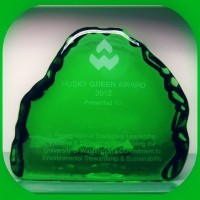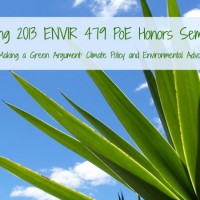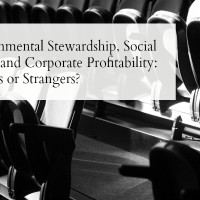Student Internship with the Duwamish River Cleanup Coalition
CONTEXT
The Duwamish, Seattle’s only river, has been declared by the Environmental Protection Agency (EPA) as a Superfund Site, one of the most hazardous toxic sites in the nation, and its health and future are at a critical moment. After February, 28, 2013 (release date for EPA’s proposed cleanup plan), the affected communities and residents of the greater Seattle area will have 105 days to provide their comments, input and concerns. This will be our only opportunity to ensure a cleanup that is environmentally just and that provides A River for All: you, residents of the area, Tribal and subsistence fishermen, fish, wildlife, business and industry. All of us will be affected by how well the EPA cleans the river.
Since 2001, the Duwamish River Cleanup Coalition/TAG (DRCC/TAG) has been working to ensure that the cleanup of the Duwamish River benefits the community as well as fish, wildlife and human health. We (DRCC/TAG) will work to inform, educate and empower the community, in culturally appropriate ways, to have their voice heard and well represented in the public process of the cleanup.
Our small staff (two fulltime staff and 2-3 part time) will be devoting (almost) 100% of their time to the task of informing, educating, engaging and empowering the river communities through the public process of the cleanup. We need interns and volunteers that can help us with a wide array of tasks related to outreach and community engagement but also organizing a two of our signature events (Duwamish River Festival and Duwamish Alive!).
BASIC DUTIES
DRCC/TAG’s Program Manager discusses interns’ and volunteers’ needs and together come up with a work plan and establish specific duties that will meet both our organization’s and students’ needs. Some of the basic duties will include:
• Volunteer/performers recruitment
• Attend planning committee meetings
• Nurture the relationship we have with some of our partners
• Elected officials engagement
• Secure materials needed for the events (tools, sound system, trash/recycling, composting bins, other)
• Secure the food and beverages needed for the event (donations)
• Inspect the site to figure out the tasks volunteers will perform the day of
• Advertise the event through different outlets (social media, media contacts, etc.)
• Other
We need the help as soon as we can get it. We expect students to devote 10-20 hours per week of their time from the time they start till their summer break. During summer, we would expect students to devote 20-40 hours per week. SKILLS NEEDED
• Able to work independently as well as in a group setting
• Person who takes initiative
• Detailed oriented
• Responsible
• Able to multitask
• Outgoing personality, comfortable with public speaking and community engagement
APPLICATION PROCESS
Send email/letter of interest and resume to Alberto J. Rodríguez at alberto@duwamishcleanup.org.
OTHER INFORMATION
The position will involve contacting community members and partners via email and phone (mainly). Students will learn how to organize different kinds of events, work with different partners, agencies and community members with a common goal (but sometimes different perspectives), learn about environmental restoration, local environmental justice issues, and experience life at a non-profit organization.
The student will need to check regularly with DRCC/TAG’s Program Manager but will be able to work both in-house and remotely.




